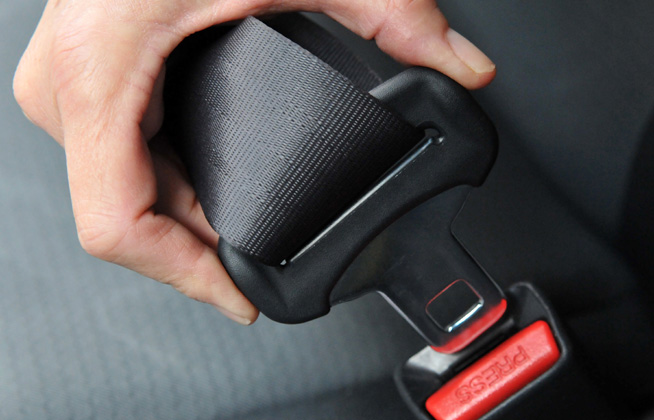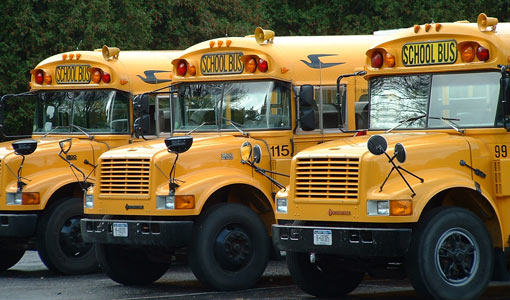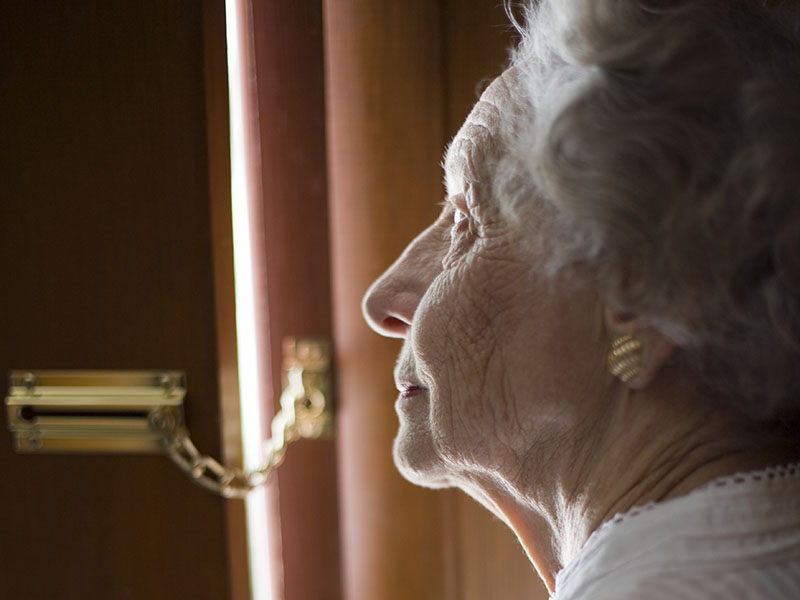More Severe Storms, Possible Tornadoes
Another strong storm front moved through central and eastern Pennsylvania late Monday, triggering tornado warnings in multiple counties. Some of the heaviest damage is reported in Juniata County, where barns, homes and other structures were subjected to high winds. No deaths or serious injuries have been reported, but barn roof collapses contributed to some loss of livestock and some buildings were reported to be completely destroyed.
The National Weather Service will send a team to Juniata County today to examine the damage on the ground and determine if it was indeed caused by a tornado. Similar investigations are underway in other areas of central Pennsylvania today.
No major issues are being reported by PPL Electric or PECO. PPL reported 55 customers without power in Juniata County overnight, while PECO reported nothing more than minor outages in Philadelphia.
This latest series of storms adds to what has been a violent spring weather-wise for much of the country, including Pennsylvania. Multiple tornadoes have already been confirmed in the Keystone State this year, with summer still almost a month away.











